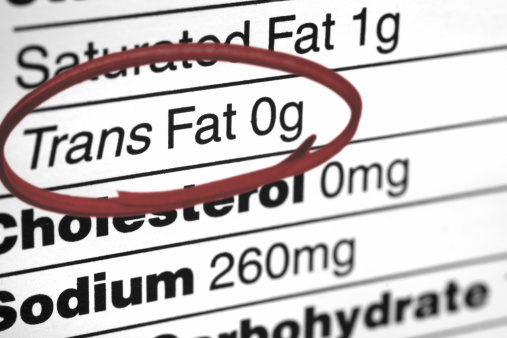Washington, D.C.—A prohibition on the use of trans fat as an ingredient in food products could be coming from the U.S. Food and Drug Administration (FDA). By removing the generally recognized as safe (GRAS) designation from trans fat, the agency would, in effect, make its inclusion illegal.
Any ingredient without GRAS status must be submitted for pre-market approval before being included in food, and trans fat would obviously begin to be rejected as unsafe if FDA follows through with its plans. If manufacturers attempt to sell products with unapproved ingredients, the products are considered illegal and subject to enforcement.
The official notice on this potential policy change from FDA refers to the risks of partially hydrogenated oils, which contain trans-fatty acids. Although this type of fat can occur naturally in small amounts, it has primarily been manufactured to help with the texture, taste and especially shelf life of many processed foods. Research has found it raises LDL, or “bad” cholesterol levels and lowers HDL, or “good” cholesterol. FDA estimates that a ban on trans fats could prevent up to 20,000 heart attacks each year. The agency began requiring that products reveal any trans fat content on the nutrition label in 2006, causing many companies to reformulate their products. But many processed baked goods, margarine products, frozen foods and other items still contain the ingredient.
December 6 marked the end of a 60-day public comment period, and now FDA is rendering a final decision on its proposal to declare trans fat isn’t GRAS. FDA asked industry stakeholders to chime in on how long it might take them to remove trans fat from products, and it will set a timeline for enforcement of the new rule based on that feedback.
Published in WholeFoods Magazine, January 2014 (online 11/27/13)










